In a groundbreaking development, driverless buses have become a common sight on the streets of Seoul, the vibrant capital of South Korea. The A-21 bus, controlled entirely by artificial intelligence, silently navigates the city's roads, ushering in a new era of autonomous transportation. This innovative initiative, spearheaded by Smart Your Mobility, marks a significant milestone in the evolution of public transit systems worldwide.
Park Kang-wook, the head of operations at Smart Your Mobility, envisions a future where all buses in Seoul operate without the need for human drivers. Addressing the challenges of late-night bus services, Kang-wook highlights the scarcity of willing drivers during these hours, emphasizing the driverless buses as an ingenious solution to bridge this gap in service provision.
Over the past four years, Smart Your Mobility has diligently developed and refined the technology powering Seoul's new fleet of self-driving night buses. This pioneering endeavor, hailed as a global first, aims to revolutionize urban transportation and set a precedent for smart city initiatives around the world.
Despite the remarkable progress, safety remains a top priority for passengers and operators alike. Stringent safety measures are in place to ensure a smooth and secure journey for all commuters. Passengers are required to remain seated and fasten their seatbelts at all times, while a designated individual occupies the driver's seat, ready to intervene if necessary. However, the primary control of the bus lies with the sophisticated artificial intelligence system, guiding the vehicle with unparalleled precision.
While some passengers express initial apprehension at the prospect of boarding a driverless bus, many quickly embrace the convenience and efficiency it offers. Excitement and curiosity abound among commuters, with students and professionals alike lauding the potential of artificial intelligence to alleviate the burden on late-night bus services.
However, skepticism persists among a minority of passengers, underscoring the ongoing debate surrounding the efficacy and safety of autonomous vehicles. As discussions surrounding the classification of autonomous vehicles continue, Seoul's driverless night buses represent a pivotal step towards achieving Level-3 automation, where human intervention remains necessary in certain scenarios.
While Seoul leads the charge in embracing autonomous transportation, other global players, notably China and the United States, have made significant strides in this arena. Level-4 taxis, operating without safety drivers, have become a reality in select regions, signaling the growing acceptance and integration of artificial intelligence into everyday life.
As the world witnesses the transformative potential of self-driving technology, Seoul's driverless night buses serve as a beacon of innovation, inspiring cities worldwide to embrace the future of transportation. With each journey, commuters embark on a voyage into the realm of possibility, where artificial intelligence shapes the landscape of urban mobility for generations to come.



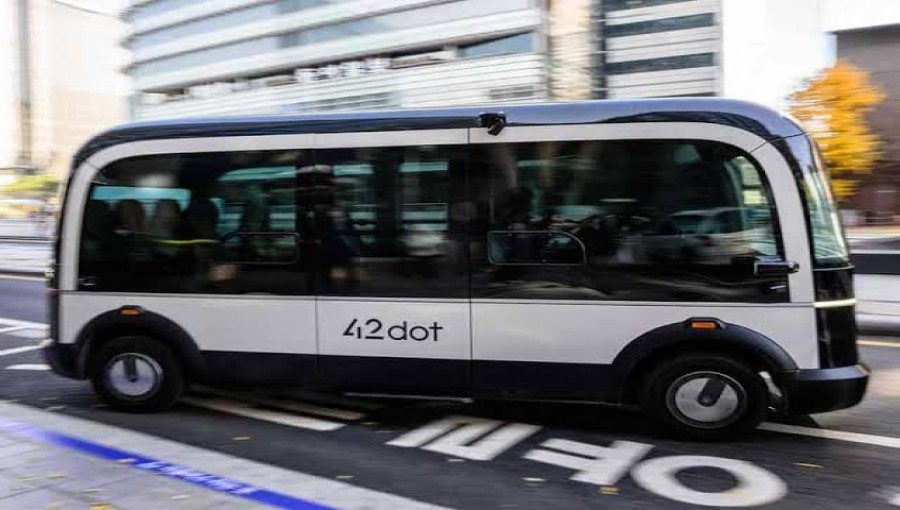
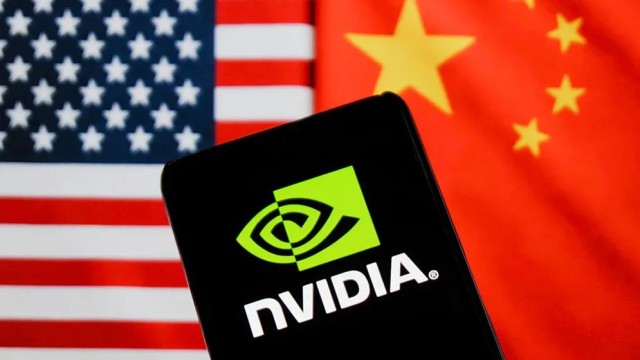



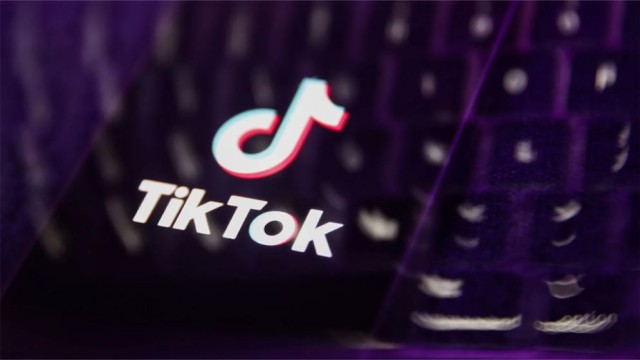
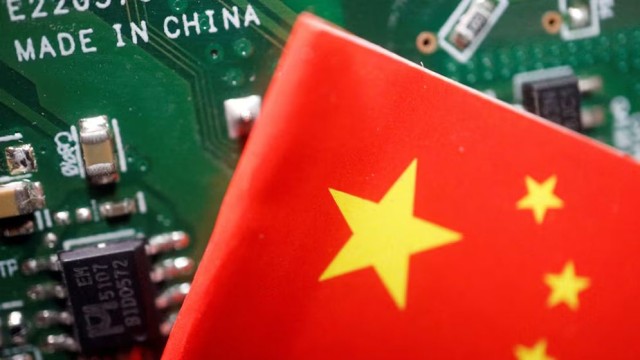





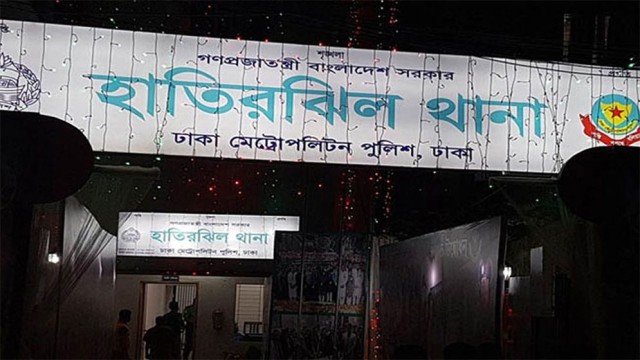














Comment: